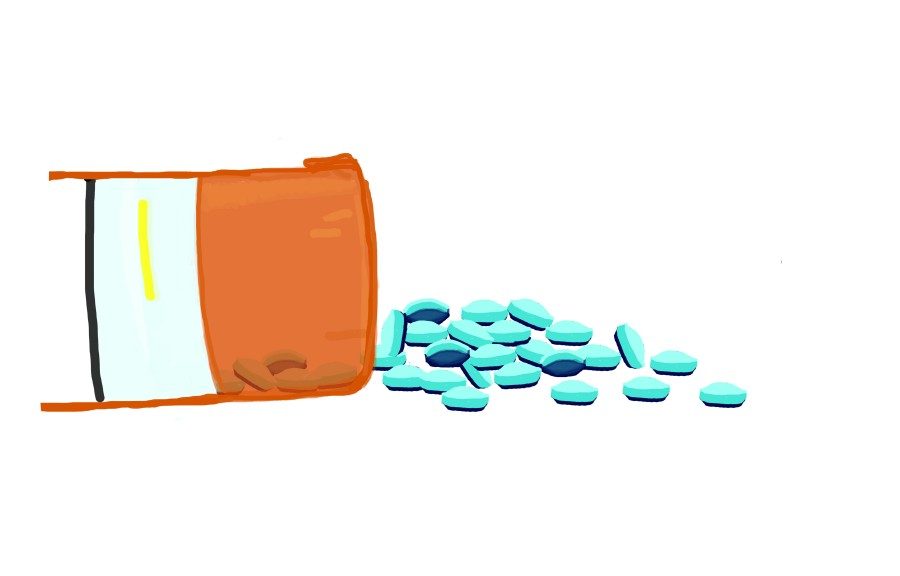“Take Your Pills” shows surface-level look at study drugs, lacks solution
“Adderall, side effects may include being awesome at everything.”
This is a tagline for the 2018 Netflix documentary “Take Your Pills.” It meshes flashes of old video clips, bright animations and interviews together to form an exploration of the effects of study drugs like Ritalin and Adderall. While interesting and well-intentioned, in the end, the documentary placed style over substance and fell flat of answering any of the concerns it raised.
It is an exploration of individual case studies but does not offer solutions to problems shown or offer any deeper thoughts. The documentary tries to be philosophical and sometimes reaches its goal with allusions to things like pressure from Big Pharma and the systematic medication of certain races, but misses the mark on actually exploring these things effectively.
Initial interest in the documentary came from the fact that it featured two Tulane students. Though you may see quick video clips from around campus, that is about as in depth it goes.
The main issue with this documentary stems from its messy organization. There is no question posed or overarching theme resulting from it. The subject is clearly amphetamines and their effects, but it jumps from case study to case study with no structure or broad message.
The entire documentary seems to touch on important subjects without actually discussing them, laying the foundations of interesting, relevant topics but then completely changing pace, never to readdress them.
The story following Delaney, a college junior who takes Adderall, is a prime example of this. In the documentary, she explains the relationship between wealth and study drugs from her experience.
“It can be unfair,” she said. “It’s weird, I have a weird relationship with the way I think about it, because I was surrounded by people who had a lot more money than I did. I had to work in high school, and I couldn’t afford private tutors for classes. So, on one hand, I feel like if you were someone like me, using Adderall could have been leveling out the playing field. But on the other hand, if you’re someone like some of those kids, then you’re just giving yourself even more of a leg-up.”
The topic of wealth inequality and how Adderall potentially changes the playing field is made extremely compelling in the documentary. It would be easy to watch an entire documentary on how people of different social classes use study drugs in different ways. There is complex, nuanced discussion of the opioid problem in America and the negative connotations of drugs and rural America juxtaposed with the wealth and studiousness of those who use amphetamines.
Just as quickly as this idea was introduced, however, it was gone. The documentary completely switched focus to a Wall Street employee who used Adderall to stay awake, and the previous discourse was never rounded back to. The rest of the documentary followed suit, bringing up ideas that were promising, then completely disregarding them, leaving viewers unsatisfied and conclusions unformed.
The entirety of “Take Your Pills” follows in this way. It seems to look down on people who actually rely on amphetamines, shaming them for being pill-takers while simultaneously glorifying those who are “smart enough” to get ahead and get a leg up on competitors by taking it. Though there is a real problem with study drugs and students without prescriptions taking them, “Take Your Pills” was a one-dimensional take on the issue which lacked solutions.
Your donation will support the student journalists of Tulane University. Your contribution will allow us to purchase equipment and cover our annual website hosting costs.




Leave a Comment